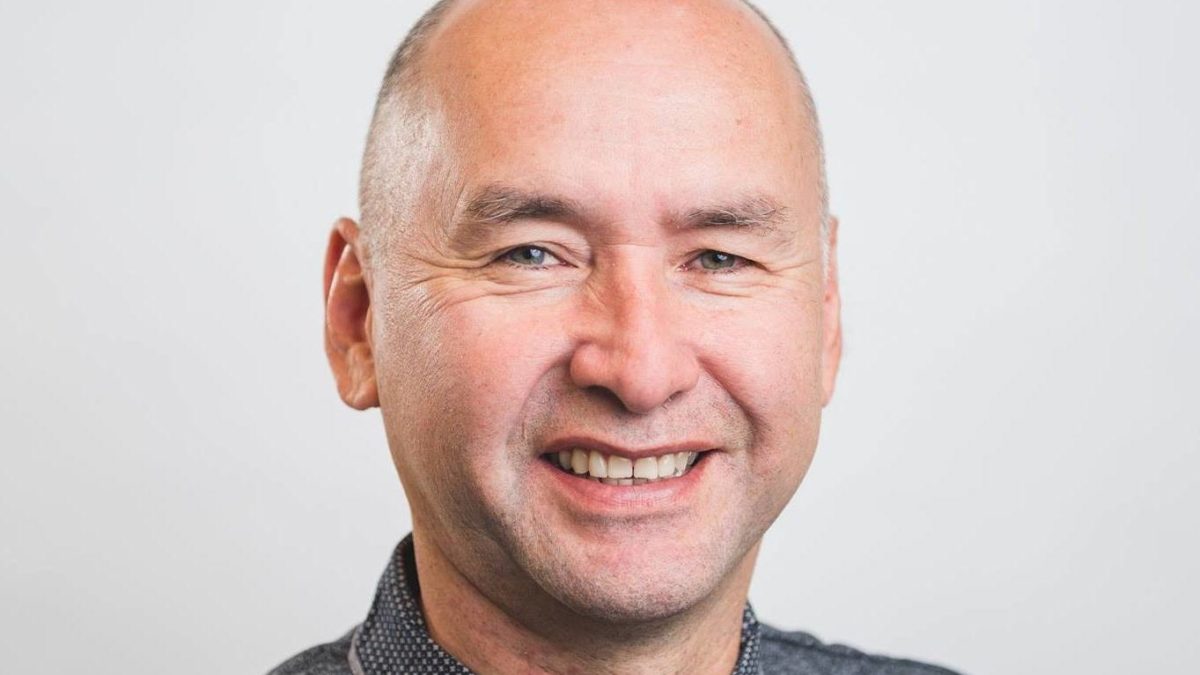On a cold January night, a frustrated Ellis Ross pulled over his truck and did a video response to charges from a United Nations committee that Indigenous people had not been properly consulted on three major B.C. energy projects.
The former chief councillor of Haisla Nation and current B.C. MLA for Skeena took to Facebook and recorded an 8-minute response to the UN’s Committee on the Elimination of Racial Discrimination’s directive to suspend construction of the Trans Mountain Expansion, Coastal GasLink Pipeline and Site C Dam
Ross said he made the video as an emotional response upon learning the committee had invoked the UN’s Declaration on the Rights of Indigenous Peoples (UNDRIP), and he feels strongly that the paternalistic intrusion ignores years of work done by democratically elected Indigenous leaders whose primary consideration was the future prosperity of their people.
“For these people (the UN committee) to come over at the last minute and claim Aboriginals were not engaged is nonsense,” Ross told the Canadian Energy Centre, pointing to the time and energy bands have spent in coming to a decision on the $6.6-billion Coastal GasLink project, a 670-kilometre provincially regulated pipeline that will connect the Dawson Creek area to Kitimat.
“I want to defend these band councils. They’re honourable people and they’re trying to fix Aboriginal poverty.”
Hereditary chiefs from the Office of the Wet’suwet’en who have been opposed to the project from its infancy issued an eviction notice to contractors for the project in early January, just days after a B.C. judge ruled pipeline opponents had no legal standing to block the project. The UN committee issued their directive in response to the hereditary chiefs’ claims that they were not properly consulted.
However, Ross said Indigenous leaders, who were given democratic mandates to represent their communities, have spent the last seven years determining whether to support Coastal Gaslink since the project was announced in December of 2012.
He said the agreements provide a pathway for many in those communities to deal with decades of poverty and other social issues.
The 20 bands who have signed agreements with Coastal Gaslink, representing all impacted Indigenous communities along the route, are “not looking for handouts,” Ross said, rather wanting to benefit through their Indigenous rights and title through the Duty to Consult and Accommodate, enshrined under Canadian law. Those benefits include training and employment, contracting, and revenue sharing associated with these projects, Ross said.
He admitted he has not always been in favor of all pipeline development and was opposed to Enbridge’s Northern Gateway Pipeline, which was ultimately scrapped.
He said the learnings from that project have helped Coastal Gaslink move forward.
With Coastal Gaslink approved and under construction, Ross believes the project should demonstrate that “all of Canada now knows how to do it right,” and it should serve as a template for future energy mega-projects going forward.
